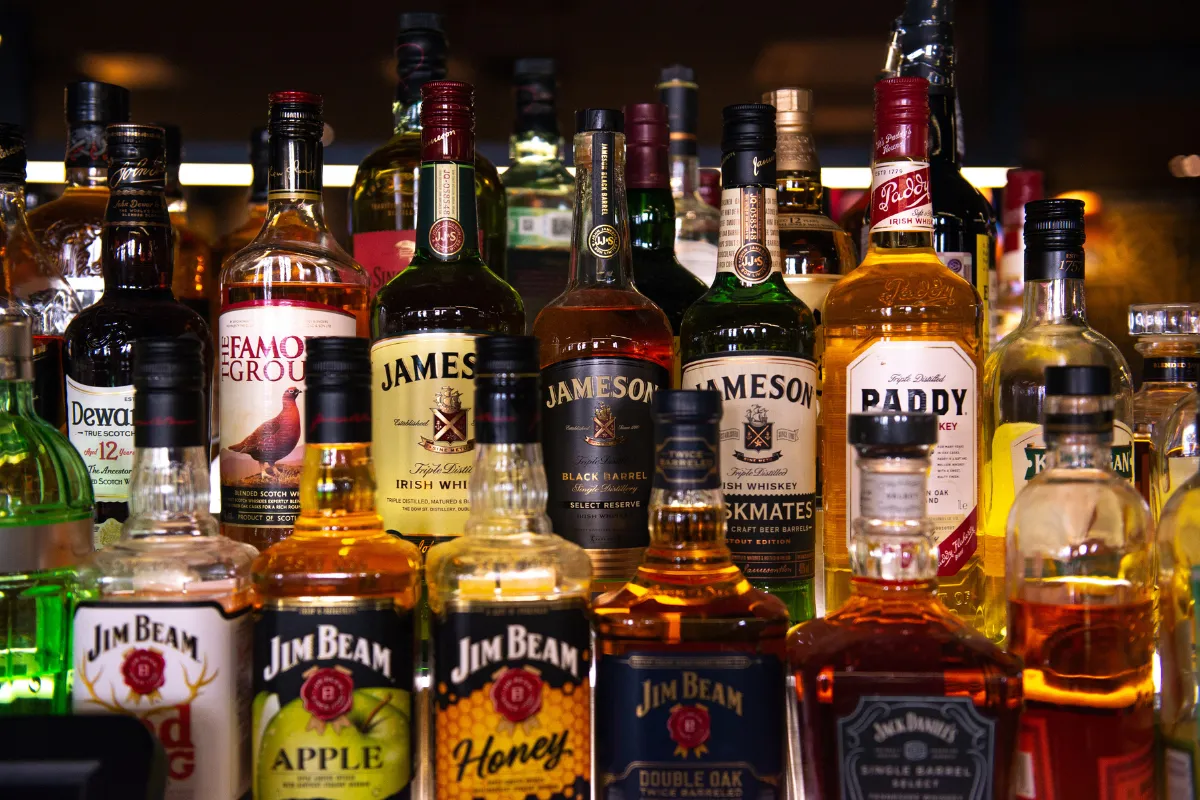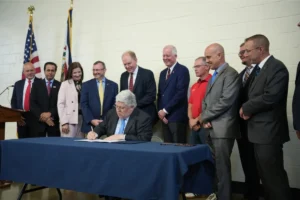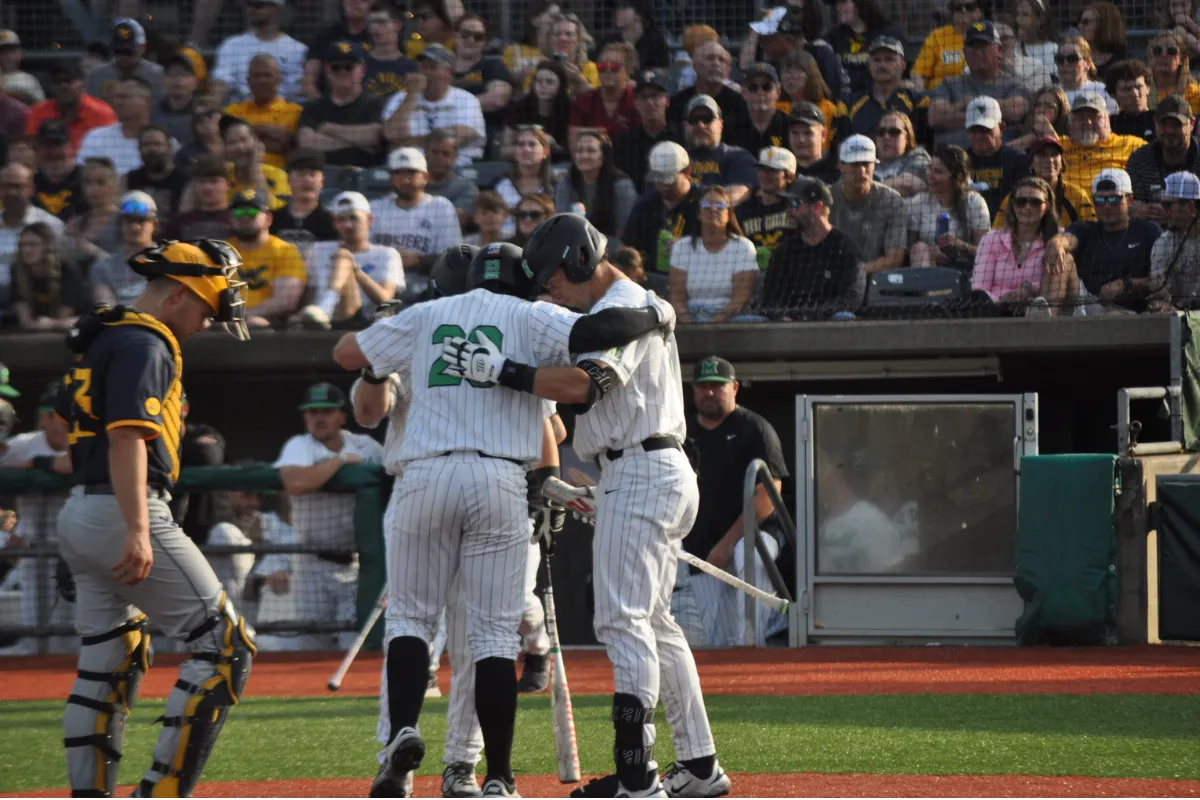As Easter approaches, state officials are reminding West Virginia residents about an often-overlooked law that impacts how and where alcohol can be purchased on the holiday. The West Virginia Alcohol Beverage Control Administration (WVABCA) has issued a public notice confirming that liquor sales at retail outlets will be prohibited throughout the state on Easter Sunday, which falls on April 20, 2025.
While many people prepare for gatherings and family events during this time, it’s important to remember that West Virginia has long enforced laws restricting certain types of alcohol sales on designated holidays — and Easter is one of them.
Retail Liquor Outlets Closed for Easter
Under state law, retail liquor stores — those licensed specifically to sell hard liquor such as whiskey, vodka, rum, and similar spirits — will not be allowed to conduct any liquor sales on Easter Sunday. This restriction applies statewide, regardless of county or city, and includes privately operated retail outlets that are licensed through the WVABCA system.
The rule is part of a longstanding tradition of limiting liquor sales on major holidays such as Thanksgiving, Christmas, and Easter, reflecting both cultural practices and the state’s regulatory approach to alcohol consumption.
What Can Still Be Purchased
It’s important to note that the Easter restriction only applies to liquor sales from retail liquor outlets. This does not extend to beer and wine sold for off-premises consumption. That means grocery stores, convenience stores, and other similar businesses may still sell beer and wine on Easter Sunday.
So, if you’re planning a get-together and forgot to stock up on beverages, you’ll still be able to purchase wine or beer from your neighborhood grocery store — just don’t expect to pick up any bourbon or gin from a liquor store.
Bars and Restaurants Remain Open
Also exempt from the liquor sales ban are on-premise establishments such as bars, restaurants, and private clubs that hold the appropriate licenses. These locations are allowed to serve alcohol, including liquor, as long as it is consumed on-site. In other words, your favorite restaurant or local tavern can still pour mixed drinks or spirits to patrons enjoying a holiday meal or a night out.
This exception makes it possible for residents to celebrate the day in social settings without running afoul of the law, while still keeping retail liquor purchases limited as per tradition.
A Reminder to Plan Ahead
Given the strict enforcement of this law, residents are encouraged to plan ahead if they anticipate needing liquor for Easter Sunday. Many retail outlets may close early on Saturday, April 19, so purchasing in advance is essential for those who want to include spirits in their celebrations.
Officials from the WVABCA urge West Virginians to be aware of this regulation and to share the reminder with friends or family who may not be familiar with the law — especially new residents or visitors from out of state who might not expect such restrictions.
Understanding the Reasoning
While some may find the rule inconvenient, state regulators point out that the law is not only a reflection of long-standing tradition but also part of broader public safety efforts. Holiday periods often see increased travel and social gatherings, and the restriction on retail liquor sales is aimed in part at discouraging excessive home consumption of high-proof alcohol.
Moreover, Easter Sunday is considered a religious holiday by many in West Virginia, and the law serves to maintain a certain level of respect for the day in communities across the state.
Staying Informed
This isn’t the only time liquor sales are restricted in the Mountain State. Similar bans are in place for other holidays, and residents are encouraged to stay informed about state alcohol regulations throughout the year. The WVABCA’s official website regularly updates holiday schedules and provides guidance for consumers, retailers, and business owners.
So, as Easter Sunday 2025 draws near, be sure to make your purchases in advance if liquor is on your holiday checklist. And if you’re out and about enjoying brunch or dinner with friends, rest assured that your favorite restaurant or bar will still be serving — even if the liquor stores are closed.











